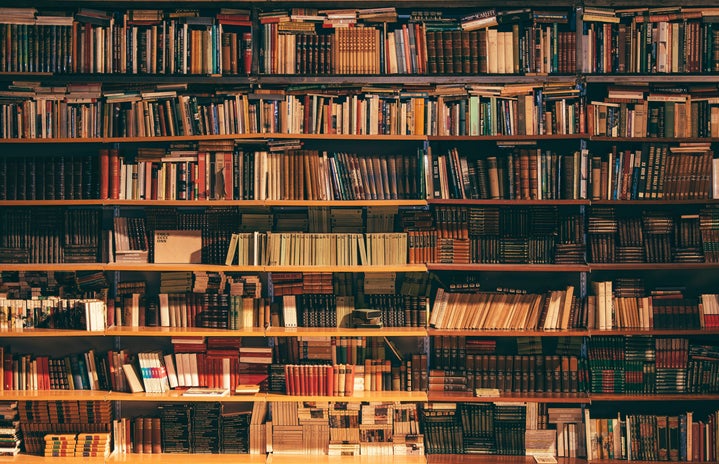In the preface of his 1891 novella, The Picture Of Dorian Gray, Oscar Wilde, writes, “There is no such thing as a moral or an immoral book. Books are well-written, or badly written. That is all.” The book was edited multiple times to remove material that was deemed “indecent” and make it more “moral” (read:less gay).It was done to protect Wilde and the publishers from prosecution, a real danger at the time (five years later, Wilde would be sentenced to two year’s hard labor for his sexuality).
There is a long history of prohibiting the reading of books to control the political message. The Roman Catholic released indexes of books that were forbidden as a way to combat the spread of the writings part of the Protestant Reformation in the 16th century. During the 1930s, the severe restriction on the material that could be published under Stalin’s regime led to restricted literary expression and heightened censorship, with the “enemies of the people” being prosecuted. Years later, 4 months into Hilter’s regime, over 250000 books were burnt in Munich that were considered ‘Ungerman’, an event still marked in Germany today by the public reading of some of the burnt books. In a highly publicised trial in the UK in 1960, Penguin Random House won the obscenity trial for the publication of D.H Lawrence’s last book Lady Chatterley’s Lover. It sold 200000 copies on its first day of publication. In a similar case, a few years preceding, Lawrence Ferlinghetti, who was arrested for publishing Allen Ginsberg’s Howl, won the obscenity trial with the California State Superior Judge Clayton Horn ruling that the poem was of “redeeming social importance”. It helped that the time these trials were taking place was a time of intense social reckoning with a new kind of openness emerging in society, especially in the west.
The world’s quite different now than it was in Stalin’s Soviet Union or during the Renaissance. It is more open and equitable, yet the number of books that have been banned recently is shocking to put it lightly. Many books-ranging from recent YA books like Gender Queer to many classics that are considered an integral part of American literature like Toni Morrison’s Beloved-have been banned in many American Schools.In January this year, a Tennessee school board removed Art Spiegelman’s Maus-a graphic novel about his father’s experience in an concentration camp during the Holocaust. Ma Jian, now a British citizen, is banned from his native China and so are all seven of his books. In 2014, Penguin India had to pulp out a book on Hinduism by Wendy Doniger.
What books are banned usually wary from place to place. In America, most of it is about sex and religion, whereas in India it is largely driven by politics. India has had a questionable track record in defending free speech to say the very least. A deeper understanding of it requires a thorough examination of the legacy of the colonial censorship laws under the British, leading to a strong support for free speech and in spite of it, the reaction of many Indian lawmakers to dealing with hate speech and religious strife post independence, which included the widely interpretive restrictions to the fundamental right of ‘freedom of speech’.
The difference between the kind of censorship now is that, while censorship in the past was mostly at the hands of the state, these days the cry is coming from the public, whether it is the conservative parents in America asking for books about gender expression and sexuality to be taken out from the school curriculum or vigilante groups in India filing cases against authors and publishing houses for offending their sentiments. The censorship in this is more private now, with publishing houses dropping or pulping out books after public outcry or interested parties using already flawed systems to shut off differing opinions.
One of the reasons given for banning books is to protect people and society. It ignores the point that art isn’t always supposed to protect but instead challenge us and that literature is one of the most important means of this expression. Books help us deal with a world that-even if we wish it were the opposite sometimes-is incredibly complex and big and at times disturbing, a world where intensely personal issues like race, religion, caste, gender and sex consistently surround us and require us to engage with them, even if it makes uncomfortable. Banning books about these only increases the discomfort around these issues.

